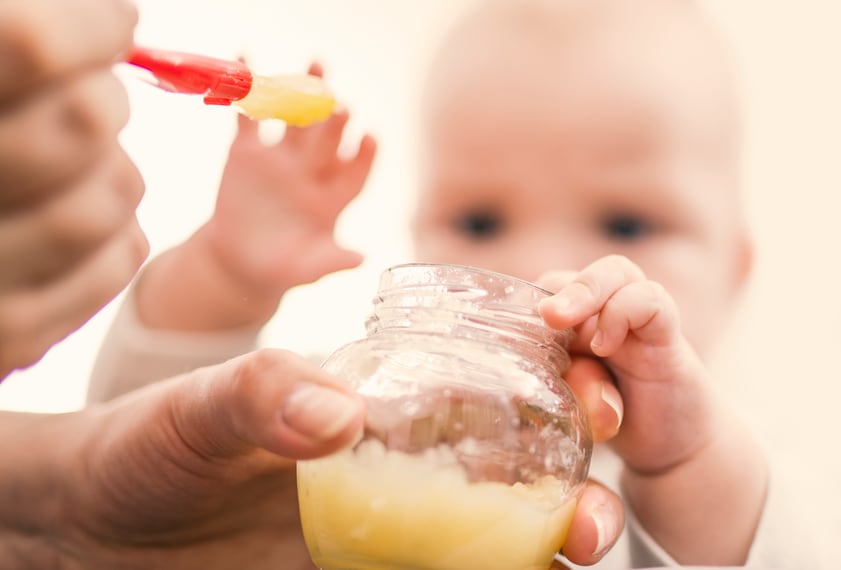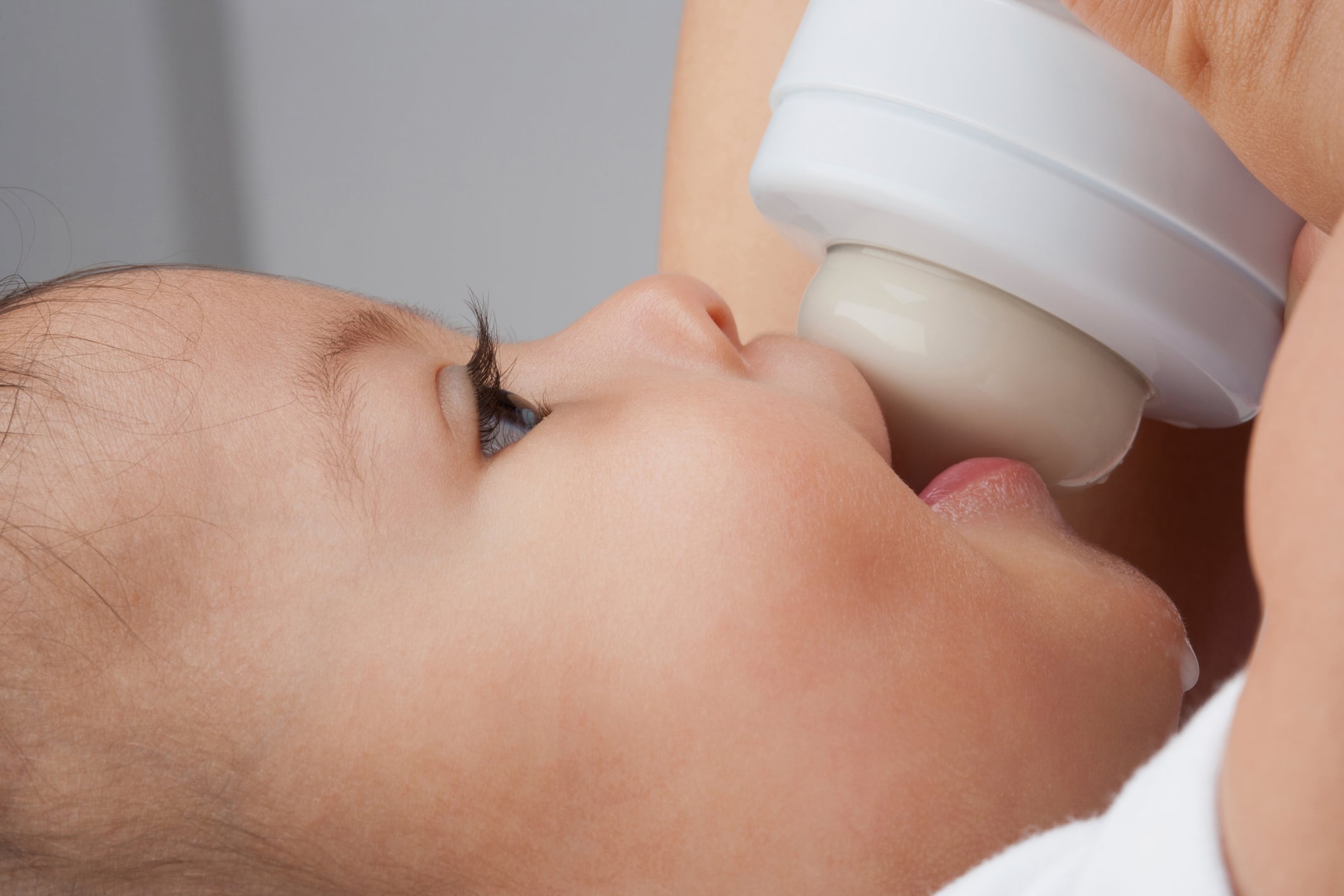The findings come as a new online resource also reveals breastfeeding could help save €303bn and 600,000 infant deaths per year as researchers urge Governments to enforce the International Code of Marketing of Breast-milk Substitutes.
“We need to be sensitive to the constraints and hardships faced by mothers and families in a world that lacks basic support systems for their physical, psycho-social, and economic well-being,” said health economist Dr Dylan Walters.
“Even more, mothers and families are up against a constant barrage of corporate marketing of alternatives and misinformation spread that undermines what should be boringly second nature and not stigmatised by society.”
Alive and Thrive
The online tool provides background on the impact of not breastfeeding in 34 countries and is available on Alive & Thrive’s website, a maternal and child nutrition initiative funded by the Bill & Melinda Gates Foundation.
It uses Dr Walters’ research, published by Health Policy and Planning Journal, which provides data on estimates for the human and economic costs of not breastfeeding for over 100 countries in Sub-Saharan Africa and South Asia.
Along with Government enforcement, demanding government adopt policies that promote breastfeeding is another way to support the adoption of breastfeeding.
Roger Mathisen, program director of Alive & Thrive and a co-author of the paper said. “The data are sending us a compelling message: we must do more to support breastfeeding,”
“With this tool, we hope advocates around the world will be emboldened further in their efforts to obtain greater support from governments.”
Recent nutrition investments of €448m in Nigeria in 2016 and €4bn in Indonesia in 2017 are examples where economic research helped raise policy-maker awareness leading to the nutrition programme prioritisation.
Breastfeeding reduces the risk of childhood infections such as diarrhoea and pneumonia and premature mortality as well as minimizes nutrition-related harm to cognitive development in early childhood.
The World Health Organization (WHO) and UNICEF recommend early initiation of breastfeeding within an hour of birth, exclusive breastfeeding of infants for the first 6 months of life and continued breastfeeding with complementary foods for two or more years.
Rising formula sales
However, the activities of infant formula firms, particularly in the East Asia and the Pacific region and upper middle-income countries, is of concern for the research team, who cite a rapid growth in commercial milk-based formula sales in recent years.
Of further concern are the practices these companies are said to employ in the promotion of their products that critics say are in violation of internationally agreed marketing codes of breast-milk substitutes.
Only last week, Nestlé Peru and Reckitt Benckiser responded to research suggesting they play a role in influencing mothers in Peru to choose infant formula over breast milk,
The firms stated they were firmly committed to the protection and promotion of breastfeeding with Nestlé Peru also calling for an open dialogue with the study authors.
Infant formula investigations
Back in April, a report claimed that Nestlé failed to act on criticisms of its baby milk formula products and their composition in an investigation that also accuses the food giants of inaction over previous vows.
Changing Markets Foundation and SumOfUs make available its findings that accuse the firm of continuing to provide contradictory advice or use claims prohibited by the World Health Organization (WHO) Marketing Code.
This is despite commitments made by the company following a report by Changing Markets and the NGO Globalization Monitor in February 2018, which looked at Nestlé’s products and nutritional claims in over 40 countries.
Nestlé said they “shared the authors’ concerns about the current rates of breastfeeding and nutrition status of children and agreed that current breastfeeding rates in Hong Kong and China were not sufficient”.
“We believe breast-milk is the best nutritional choice for an infant and that breastfeeding plays a fundamental role in a baby’s growth and development during the first 1000 days,” they said.
“We apply the WHO (World Health Organization) Code of Marketing of Breast milk Substitutes and subsequent WHA (World Health Assembly) resolutions as implemented by member states. We have put in place a number of compliance measures and mechanisms to ensure compliance.




